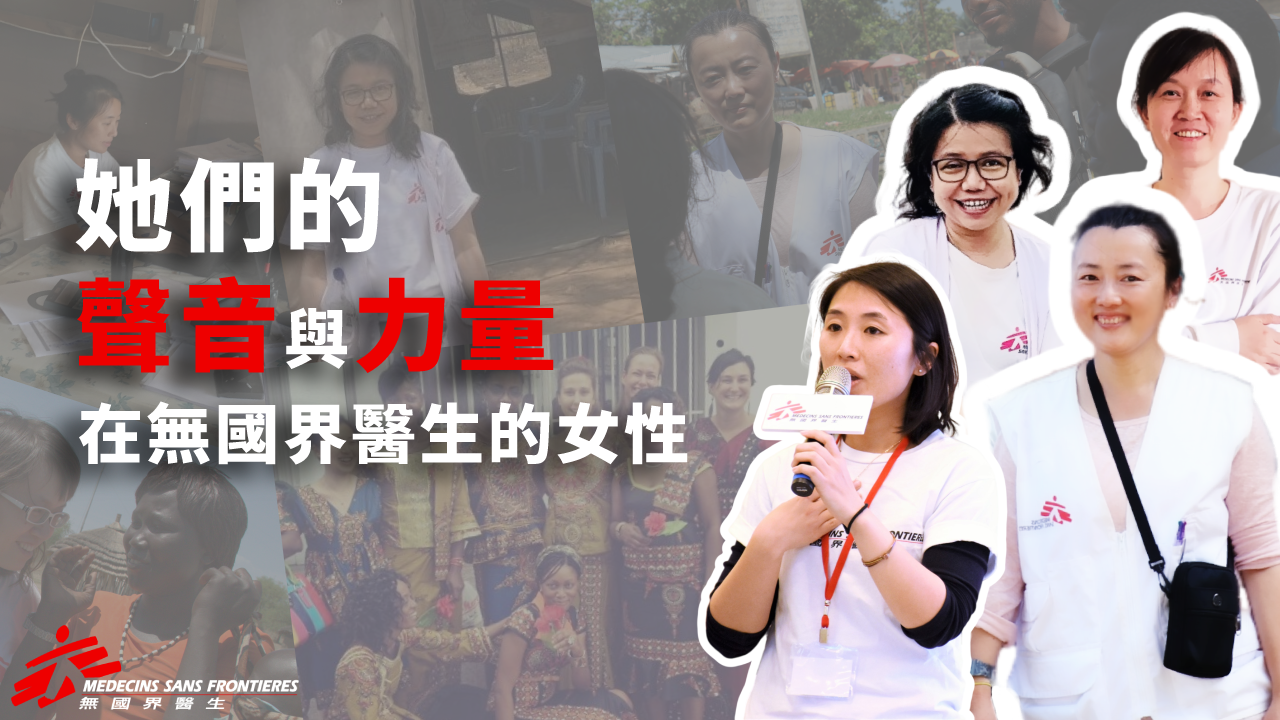Why should I keep on going to MSF mission?
May 21, 2014
After 40 hours of flight and transit time, I finally arrived at Bangui, the capital of Central African Republic (CAR). Feeling tired and exhausted but I still needed to go through a whole day of briefing since arrival in the early morning, so sometimes in a situation like that I'll ask myself, "Why should I keep on going? Why should I go for a mission every year? Why don't just lay back and enjoy a less stressful, relax and even prestigious life?"
Since 2008, I've already been to Liberia, Haiti, twice in South Sudan, Yemen and Papua New Guinea. In every mission, I saw suffering, poverty, lack of medical care in the locality. For most people in developed countries, these people seem so far away and unreal. But I've the prestige to be able have real contact with them and live with them, and to me they are as human as all the others I know. There are children I adored and missed, the relief and gratitude from the patients we treated, the skills and respectful attitude of our national staff. Of course I also miss some of the great teammates I met in the course and am lucky enough to have some of them keeping in touch and become my good friends. All these joys, satisfactions and sense of fulfillment are what keep me rolling into the field despite all the toughness of our living and working conditions, sometimes unbearable stresses and the hurtful sense of helplessness when we were unable to save some of these poor people.
So now I'm in Bangui, waiting for my road trip to Bossangoa, a city 305km from the capital. It's one of the 15 project sites of MSF in Central African Republic, a country torn apart by political instability. A country unknown to most people outside Africa except that it's one of major sources of slaves in history. The recent conflict started in Dec 2012 when an alliance of rebel groups called Seleka has taken control of 90% of the country, launched a coup d'état and ousted the last President. Then another alliance of militants called Anti-Balaka fights back and chased away the Seleka. The conflicts almost involved the whole nation resulting to around 300,000 people seeking refuge into neighboring countries and around 600,000 homeless in the country - which mean around a quarter of the country's population is affected. And some are even hiding in the bushes to avoid the conflict.
Most medical facilities are no longer run by the government as the compounds were looted and staff are fleeing into hiding. That's a huge humanitarian crisis - many are wounded, there’s lack of food, shelter and clean water and people worries about their safety when seeking medical treatment. As the rainy season will start soon in May, patients with malaria and gastroenteritis will surely increase. And for the wounded patients - there were gunshot, caused by grenade blast, knife or even axe injuries; and that make the surgeries challenging and difficult due to the wide varieties of cases. Anyway, I'll stay in Bangui for one more day then I will take a road trip of 6 to 7 hours to Bossangoa where my mission will actually start.






Leave a Comment